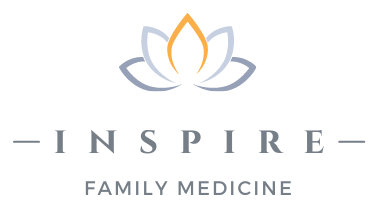In the complex landscape of modern healthcare, Direct Primary Care (DPC) stands out by intentionally choosing not to accept insurance. This decision, far from being a limitation, is actually one of the core strengths of the DPC model, offering numerous benefits to both patients and physicians.
The Freedom from Insurance
By not dealing with insurance companies, DPC practices eliminate the administrative burdens and constraints typically associated with traditional healthcare. This freedom allows physicians to focus entirely on patient care rather than paperwork and billing. Patients benefit from more time with their doctors, as DPC providers can dedicate longer appointments to address individual health concerns thoroughly without the rush to see more patients to meet insurance quotas.
The Advantages of the Membership Model
The DPC model operates on a straightforward membership basis, where patients pay a flat monthly fee. This fee covers a wide array of primary care services, including routine check-ups, preventive care, chronic disease management, and even minor procedures. Here are the key advantages of this model:
- Transparent Pricing: With a clear, fixed monthly fee, patients know exactly what they are paying for, avoiding surprise bills and hidden costs. This transparency simplifies budgeting for healthcare.
- Enhanced Access: Patients enjoy direct access to their physicians through phone, text, or email, often with same-day or next-day appointments. This immediate and personal access ensures that healthcare needs are addressed promptly.
- Comprehensive Care: The membership model allows for a broad range of services to be included without additional charges, promoting a holistic approach to health and wellness.
- Stronger Doctor-Patient Relationships: The membership model fosters closer relationships between doctors and patients, as physicians manage fewer patients and can dedicate more time to each individual. This leads to better health outcomes and a more personalized healthcare experience.
- Reduced Administrative Overhead: Without the need to navigate insurance claims, DPC practices significantly reduce administrative costs, allowing for more resources to be directed towards patient care.
Conclusion
Direct Primary Care’s decision to forgo insurance in favor of a membership model is a deliberate choice that prioritizes patient care and satisfaction. By simplifying pricing, enhancing access, and fostering stronger relationships, DPC offers a refreshing and effective alternative to traditional healthcare. If you’re seeking a healthcare model that puts you first, consider the advantages of Direct Primary Care.
